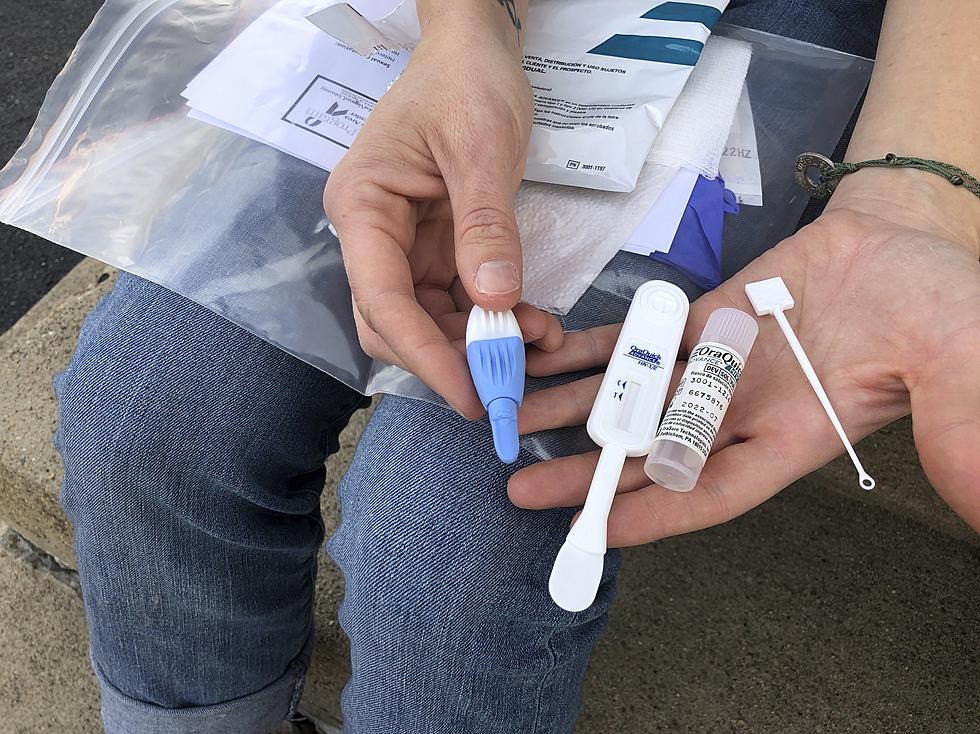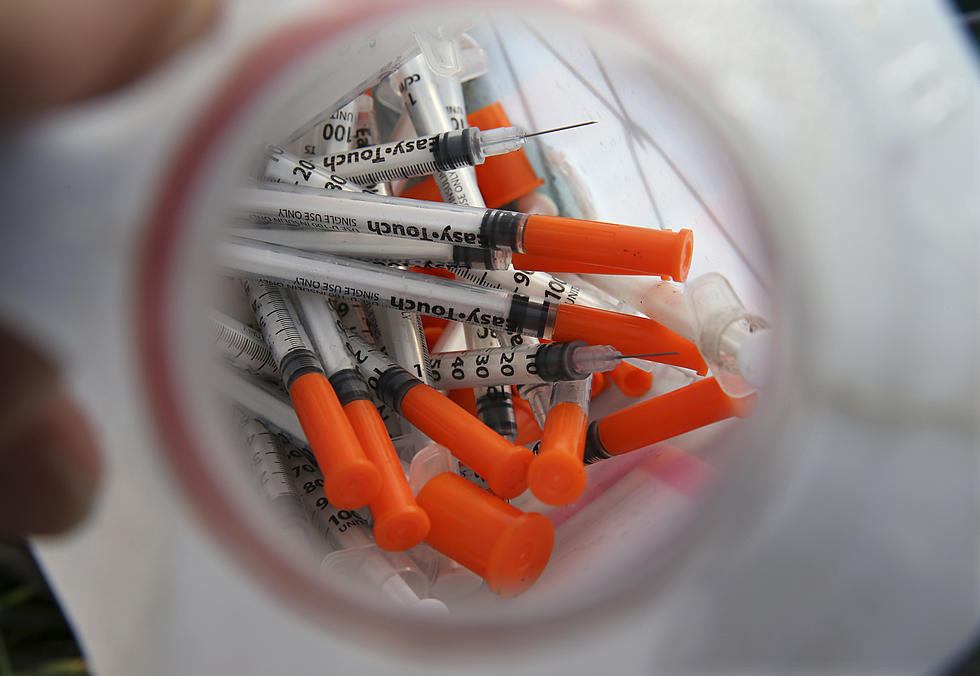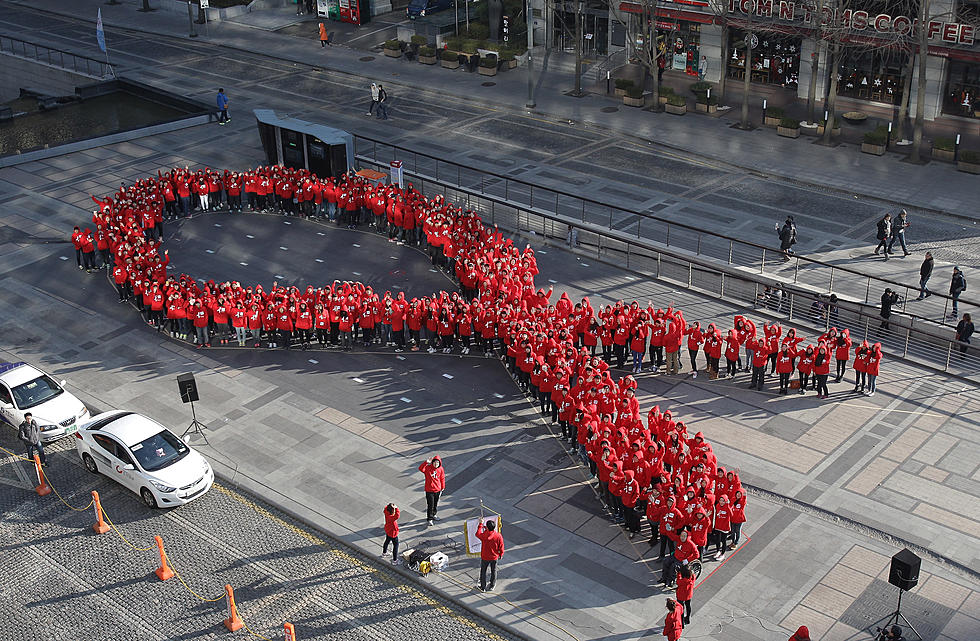
NJ’s HIV-positive population is aging — most are over 45
Paramus resident Ray Welsh was told by his doctor at age 25 that he may not live another three years, due to HIV attacking his body's immune system.
Thanks to what he calls game-changing miracle drugs that came around month after, Welsh celebrated his 50th birthday this past August.
During his time attending HIV/AIDS support groups, Welsh encountered countless individuals who were given similar prognoses. They were further along from their diagnoses, worse off than he had ever been, and expected to be further casualties in the epidemic.
But the same antiviral drugs worked their magic on those patients as well, giving them the opportunity to live long and full lives with HIV.
As is the case nationally, those aged 45 and over make up the biggest share of residents living with HIV/AIDS in New Jersey, according to the state health department. State statistics show that at the end of 2017, nearly 27,000 individuals over the age of 45 were living with the virus. That's out of about 37,000 overall.
Sept. 18 marks National HIV/AIDS and Aging Awareness Day, which brings attention to the health and social needs of this growing population.
Welsh, who's the manager of fundraising and events for HIV/AIDS nonprofit Buddies of New Jersey, said there's a different kind of struggle for aging clients — one that goes beyond the physical issues of living with the virus (treatment can be complicated by conditions such as diabetes or heart disease).
"Back then, they were telling us to cash in life insurance policies, and a lot of us did," Welsh said. "There was a race to just go out and spend whatever."
The long-term internal baggage, and external stigma, Welsh said, makes it difficult for older clients to "live a normal life again."
"The dying today — it's not physical dying, it's mental, it's social, it's spiritual dying, and it really needs to be taken care of in order for people to thrive," he said. "Walking into a place and feeling cared for and feeling loved is just as important as getting the pill."
New Jersey has an ambitious goal of eliminating all new HIV diagnoses by the year 2025. The state saw 841 new cases in 2017, the first year going back to at least 1990 with fewer than 1,100 new diagnoses.
More from New Jersey 101.5:
Contact reporter Dino Flammia at dino.flammia@townsquaremedia.com.
More From New Jersey 101.5 FM









